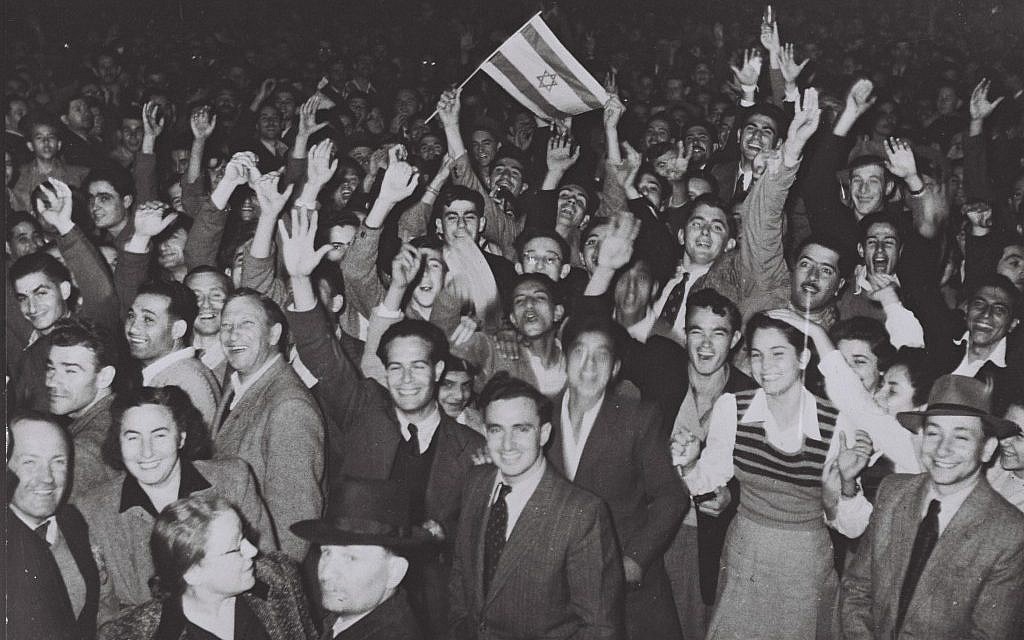Caroline Glick: The State Department drops the ball
Over the weekend, The New York Times published its latest broadside against US Secretary of State Rex Tillerson for what the newspaper referred to as his “culling” of senior State Department officials and his failure to date to either nominate or appoint senior personnel to open positions.Melanie Phillips: Reformist noises coming out of Saudi Arabia, what all this might mean for the Arab-Israel conflict
But if the State Department’s extraordinary about face on the PLO’s mission in Washington is an indication of what passes for US diplomacy these days, then perhaps Tillerson should just shut down operations at Foggy Bottom. The US would be better off without representation by its diplomats.
Last week, in accordance with US law, Tillerson notified the PLO’s Washington envoy Husam Zomlot that the PLO’s mission in Washington has to close within 90 days because it has breached the legal terms governing its operations.
Specifically, Tillerson explained, PLO chief and Palestinian Authority President Mahmoud Abbas breached US law when he called for the International Criminal Court to indict and prosecute Israeli nationals during his speech before the UN General Assembly in September.
Tillerson explained that under US law, the only way to keep the PLO mission in Washington open is if US President Donald Trump certifies in the next 90 days that its representatives are engaged in “direct and meaningful negotiations” with Israel.
The PLO didn’t respond to Tillerson with quiet diplomacy. It didn’t make an attempt to appease Congress or the State Department by for instance agreeing to end its campaign to get Israelis charged with war crimes at the ICC. It didn’t put an abrupt end to its financial support for terrorism and terrorists. It didn’t stop inciting Palestinians to hate Israel and seek its destruction. It didn’t disavow its efforts to form a unity government with Hamas and its terrorist regime in Gaza.
It didn’t join Saudi Arabia and Egypt in their efforts to fight Iranian power and influence in the region. It didn’t end its efforts to have Israeli companies blacklisted by the UN Human Rights Committee or scale back its leadership of the international boycott movement against Israel.
The PLO certainly didn’t begin “direct and meaningful negotiations” with Israel.
Please join me here as I discuss with Avi Abelow of Israel Video Network the significance of the continuing reformist noises coming out of Saudi Arabia, what all this might mean for the Arab-Israel conflict and the row over the remarks made by Israeli deputy foreign minister Tzipi Hotovely about American Jews.










































